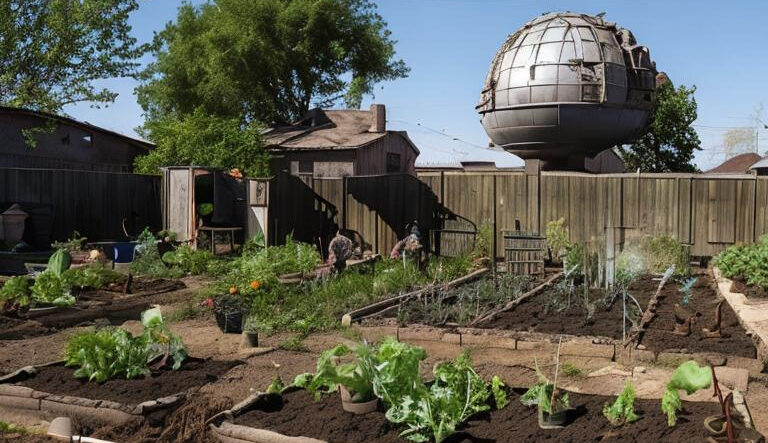Imagine a world where cities have crumbled, technology is a thing of the past, and nature has taken back its territory. It’s the post-apocalyptic world we’ve seen in movies and read about in books. Food is scarce, stores have been scavenged, and toilet paper… well, we know how that goes already. Regardless of which apocalypse is going to hit us, some of us have a moral question that looms over our heads: can you still maintain your vegan lifestyle in such a chaotic, resource-scarce environment? It’s a question that’s not as easy to answer as we think, but let’s dive in and explore whether surviving as a vegan is feasible in a world turned upside down.
PostApocalyptic Media may earn affiliate revenue from some links in this article.
The Vegan Dilemma in a Post-Apocalyptic World
In a world where scavenging for food is the new normal and canned beans might become your new best friend if you can find them, being a vegan might seem like an uphill battle. After all, your typical vegan diet relies heavily on fresh produce, grains, and plant-based proteins – items that might be harder to come by when supply chains have collapsed. Picture yourself walking down the empty aisles of a once-jumping grocery store, now like a ghostly echo of the past. The lively colors of fruits and veggies that used to line the shelves, all arranged like works of art, are now just fuzzy recollections. Those shelves, which used to flaunt an array of plant-based proteins, are either bare or stacked with just a few lonely cans of beans. But fear not, because where there’s a will, there’s a way!
Foraging and Gardening
One survival skill that will become your best friend is foraging. The ability to identify edible wild plants can be a game-changer for a vegan survivor. Begin with easily recognizable plants that have few or no poisonous look-alikes. Dandelion, chickweed, wild berries, and clover are examples of common and safe wild edibles. While your local grocery store might be out of commission, nature’s bounty could still offer nourishment. Wild berries, edible leaves, and even certain mushrooms could make their way into your post-apocalyptic menu. Better yet, if you can manage it, start your own garden. Growing your vegetables might be challenging without modern tools and fertilizers, but it’s not impossible. Think about using creative methods like vertical gardening or even repurposing everyday items as makeshift planters.
Don’t know where to start? There are many books available that will teach you how. Like this guide called “Edible Wild Plants Foraging for Beginners“.
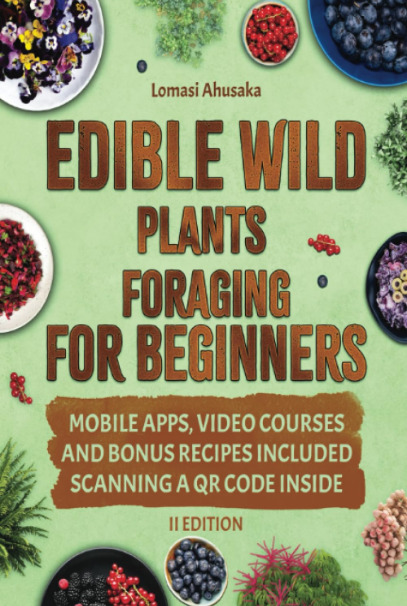
Vegan Protein Dilemma Solved
Ah, the perennial question: where will vegans get their protein? In a post-apocalyptic world, traditional sources like tofu and beans might be scarce, requiring a shift in perspective. Nuts, seeds, and even insects step into the limelight as alternative sources of protein. Remember that nature is resilient. Keep your eyes peeled for edible wild plants that can pack a protein punch. Look for nuts like almonds, walnuts, or hazelnuts – they’re not only rich in protein but also healthy fats. Edible seeds such as sunflower seeds, pumpkin seeds, and chia seeds are great sources too. Don’t overlook leafy greens like spinach, dandelion greens, and nettles, which can provide a surprising amount of protein. And if you’re feeling a bit adventurous, or can’t find any proteins and survival kicks in, remember that insects are a viable option. Insects like crickets, grasshoppers, and mealworms are high in protein and have been consumed in many cultures for centuries.
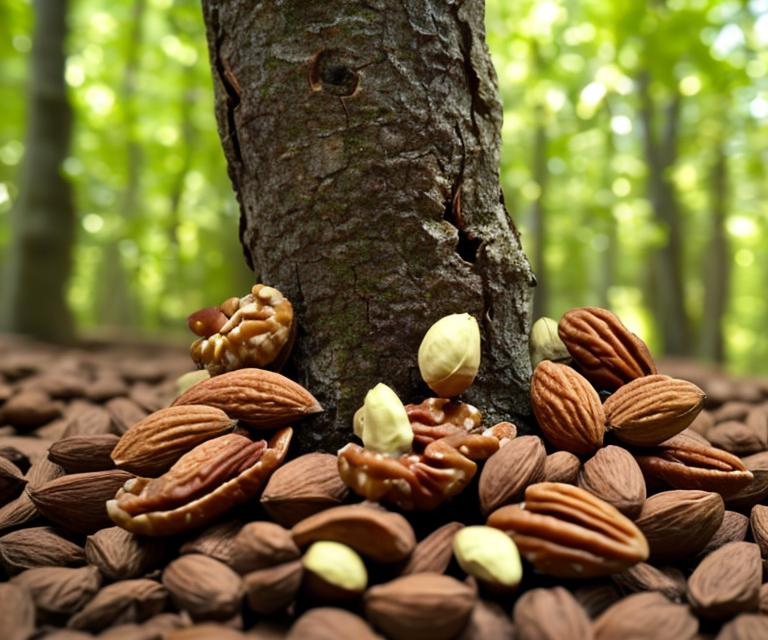
While munching on crickets might not be everyone’s idea of a satisfying meal, nor would it be considered vegan, it’s worth noting that insects have long been consumed by various cultures around the world. While vegans do not eat animals, some might argue that in urgent situations, insects can be an easy way out when your protein options are limited. So, while you’re out there, take a closer look at your surroundings – you might just stumble upon a treasure trove of vegan protein sources that Mother Nature has hidden away.
Vegan Community Matters
In a post-apocalyptic world, forming alliances and communities is vital. Connect with like-minded survivors who share your values and dietary choices. By pooling resources and skills, you increase your chances of maintaining a balanced diet. Working together to plant crops, hunt or forage, and exchange knowledge can significantly ease the challenges of being a vegan survivor.
Here’s an easy community gardening handbook that will teach you all you need to know when it comes to growing crops with your neighbors.
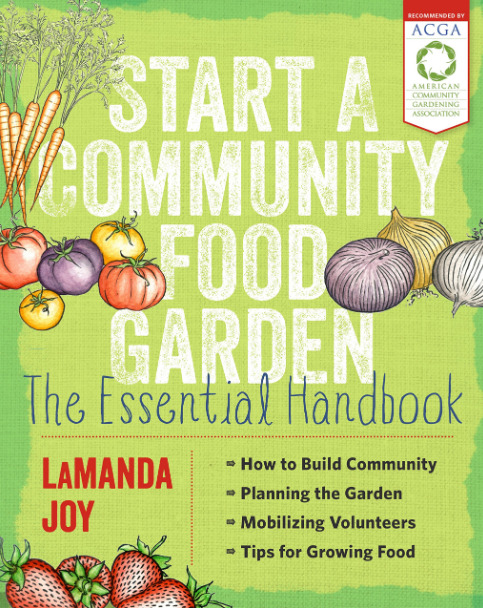
Adaptation and Flexibility
It’s essential to be adaptable. While sticking to your vegan principles is commendable, survival might require some flexibility. If you stumble upon a cache of non-perishable items that aren’t entirely plant-based, it might be worth considering whether bending your dietary rules temporarily could benefit your overall health and well-being. After all, you are surviving. In urgent situations, it might be wiser to disregard nutritional labels that “may contain milk”.
Remember also that if people in the past were able to stray away from animal products, so can you.
Pythagoras, a Greek philosopher and mathematician from around 570-495 BCE, is often associated with promoting a plant-based diet. While not a strict vegetarian himself, he and his followers, known as Pythagoreans, advocated for a diet that avoided the consumption of animals. They believed in the transmigration of souls and that animals could possess human souls, which led to their compassionate stance.
Jainism, an ancient religion originating in India, places a strong emphasis on non-violence (ahimsa) and compassion. Jains follow a strict vegetarian diet, avoiding root vegetables as well, to minimize harm to living beings. Their practices have been documented for over two millennia.
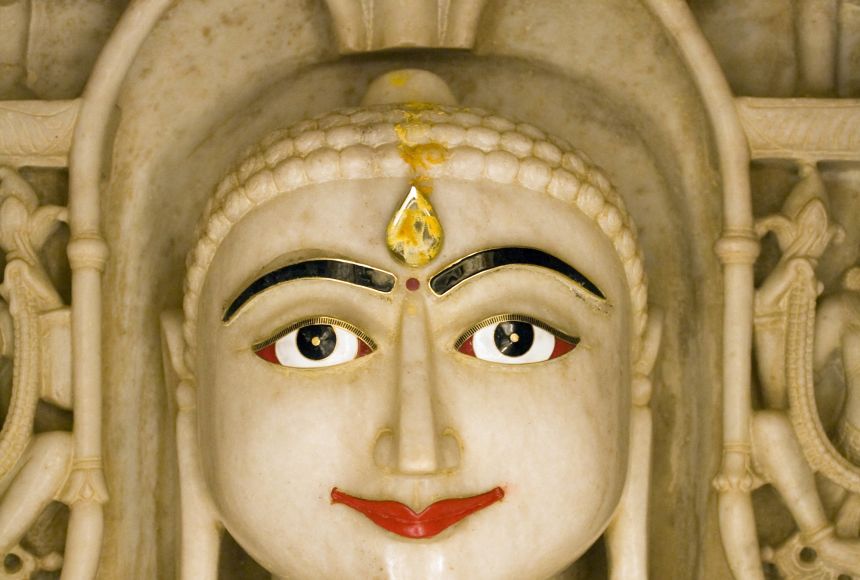
Buddhists also have often practiced vegetarianism or limited consumption of animal products due to the principle of non-harming. Some monks and nuns follow a vegetarian diet as part of their spiritual practice.
Throughout history, some Christian groups have practiced fasting that included abstaining from animal products during certain periods, such as Lent. These fasting practices were often rooted in religious observance rather than purely ethical concerns but are also proof that veganism can be achievable now, with limited technology and resources.
Some indigenous cultures, particularly those in regions with abundant plant-based food sources, have relied heavily on plant foods and had limited or no consumption of animal products. This was often a reflection of their local environment and sustainable practices.
It also goes without saying that in times and places with limited access to animal products due to geography, economics, or other factors, people naturally gravitated towards plant-based diets out of necessity. The location of your post-apocalyptic world will have an impact on whether or not you can easily have access to plants you can forage and eat.
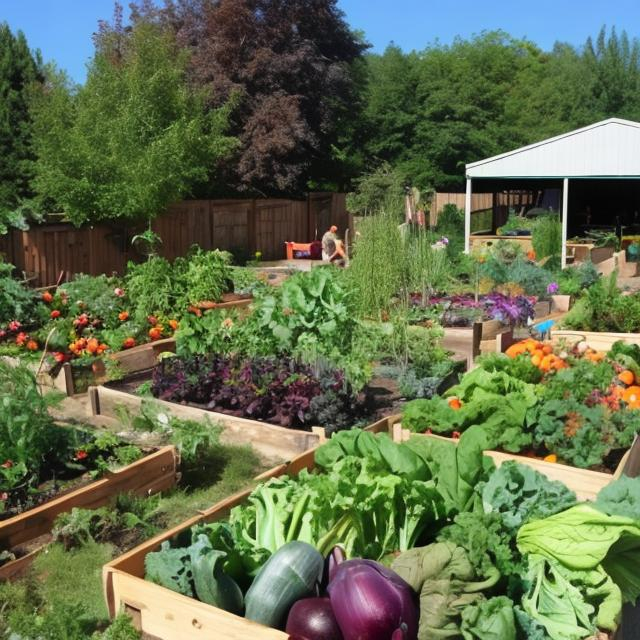
So, can you survive a post-apocalyptic world as a vegan? The answer is a resounding yes, with some strategic planning, determination, and a touch of flexibility. Foraging, gardening, seeking alternative protein sources, building a community, and being open to adapting – are your keys to thriving as a vegan in a world where survival is the ultimate goal.
Remember, the human spirit is resilient, and history has shown that we can overcome the most challenging circumstances. In a world where the rules have changed, your vegan principles can still be a guiding light, helping you navigate the turbulent waters of the post-apocalyptic landscape. Stay strong, stay resourceful, and who knows, you might even inspire others to embrace a plant-based lifestyle in the midst of chaos!
Want to chat about all things post-apocalyptic? Join our Discord server here. You can also follow us by email here, on Facebook, or Twitter.

